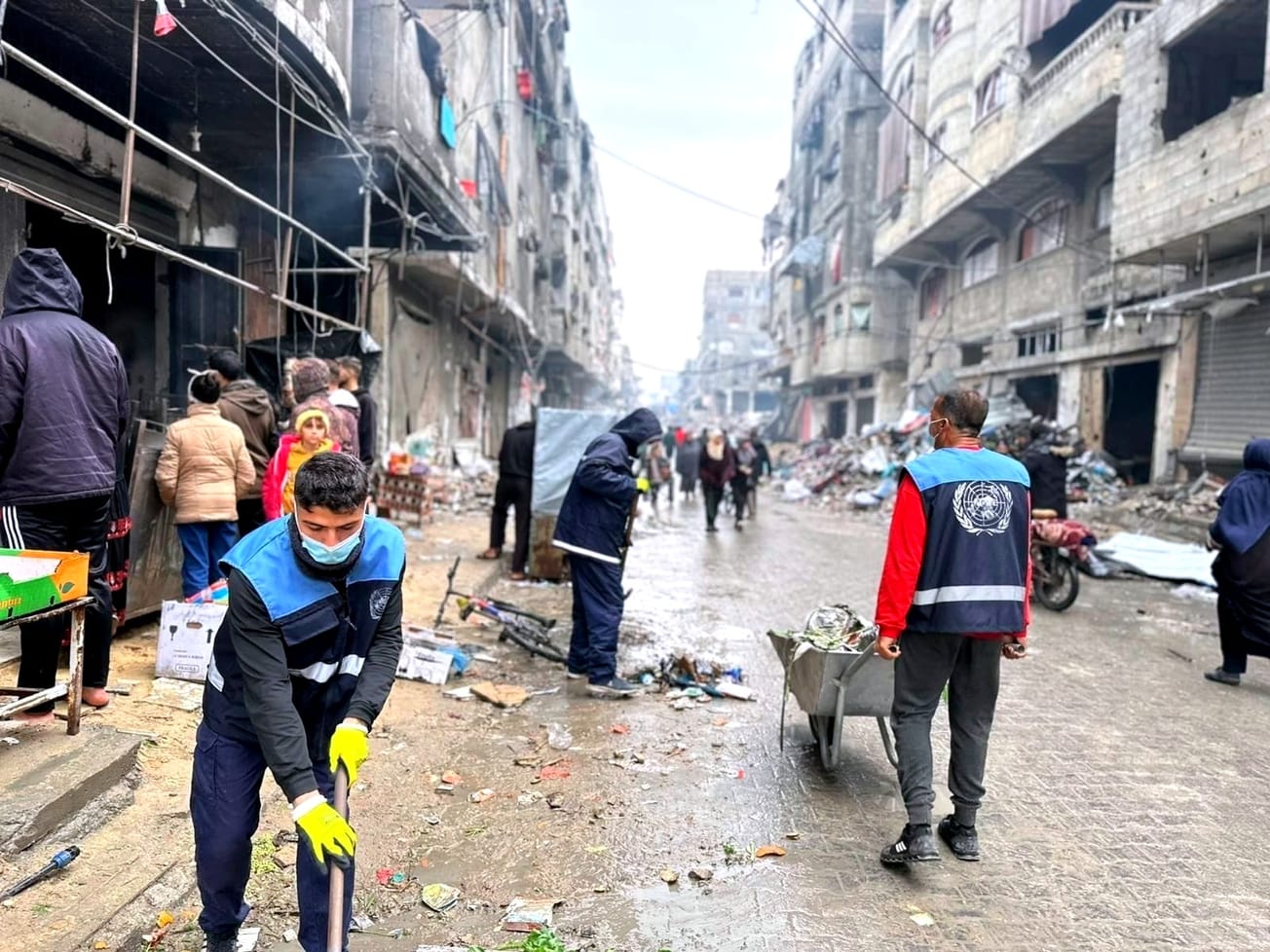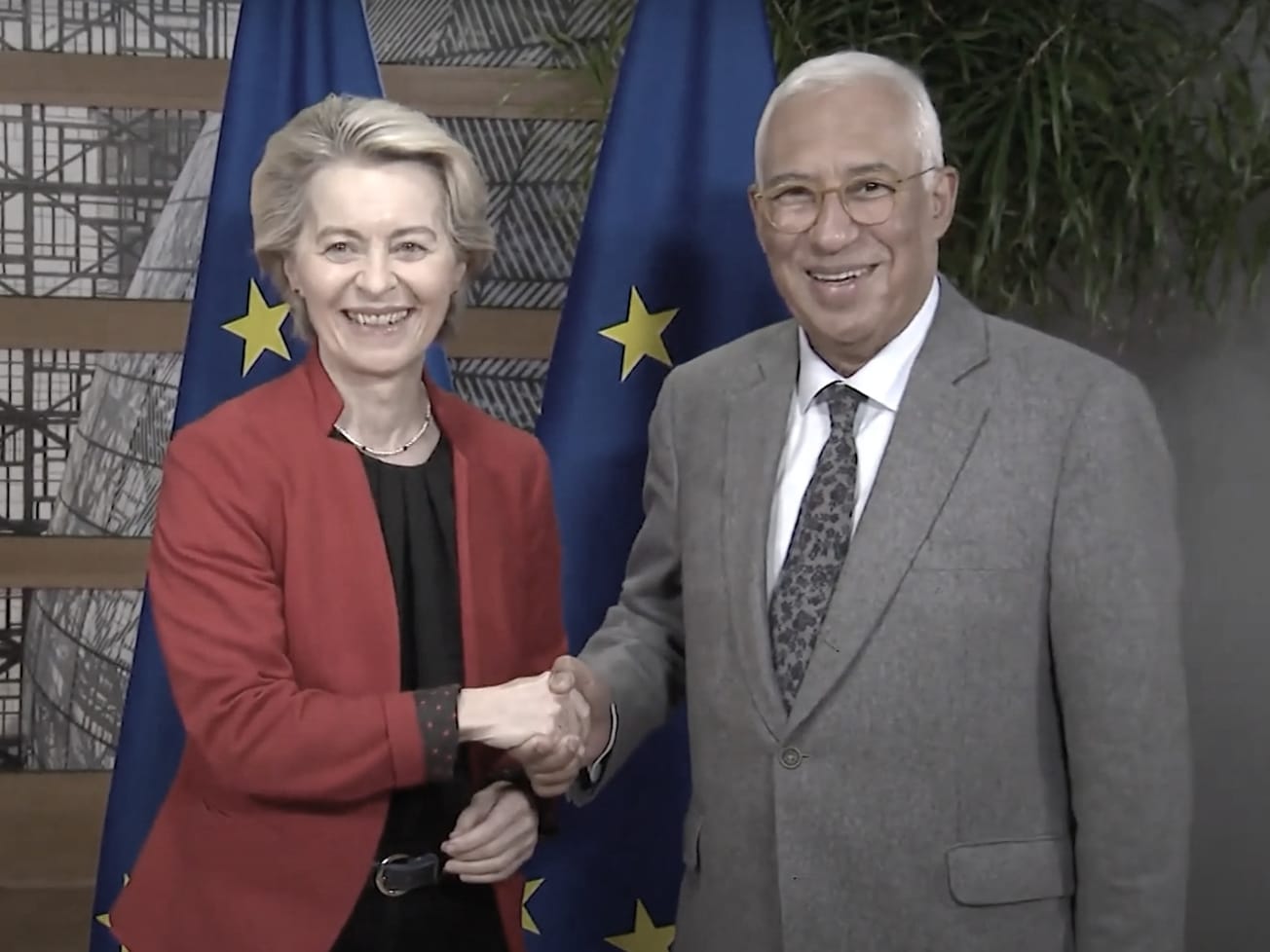The International Criminal Court issued its first arrest warrants tied to Russia's war in Ukraine, charging Russian President Vladimir Putin and Maria Lvova-Belova, Russia’s commissioner for children’s rights, with war crimes for taking children to Russia from occupied areas of Ukraine.
Judges from a pre-trial chamber of The Hague, Netherlands-based court said there are "reasonable grounds to believe that each suspect bears responsibility for the war crime of unlawful deportation of population and that of unlawful transfer of population from occupied areas of Ukraine to the Russian Federation, in prejudice of Ukrainian children."









